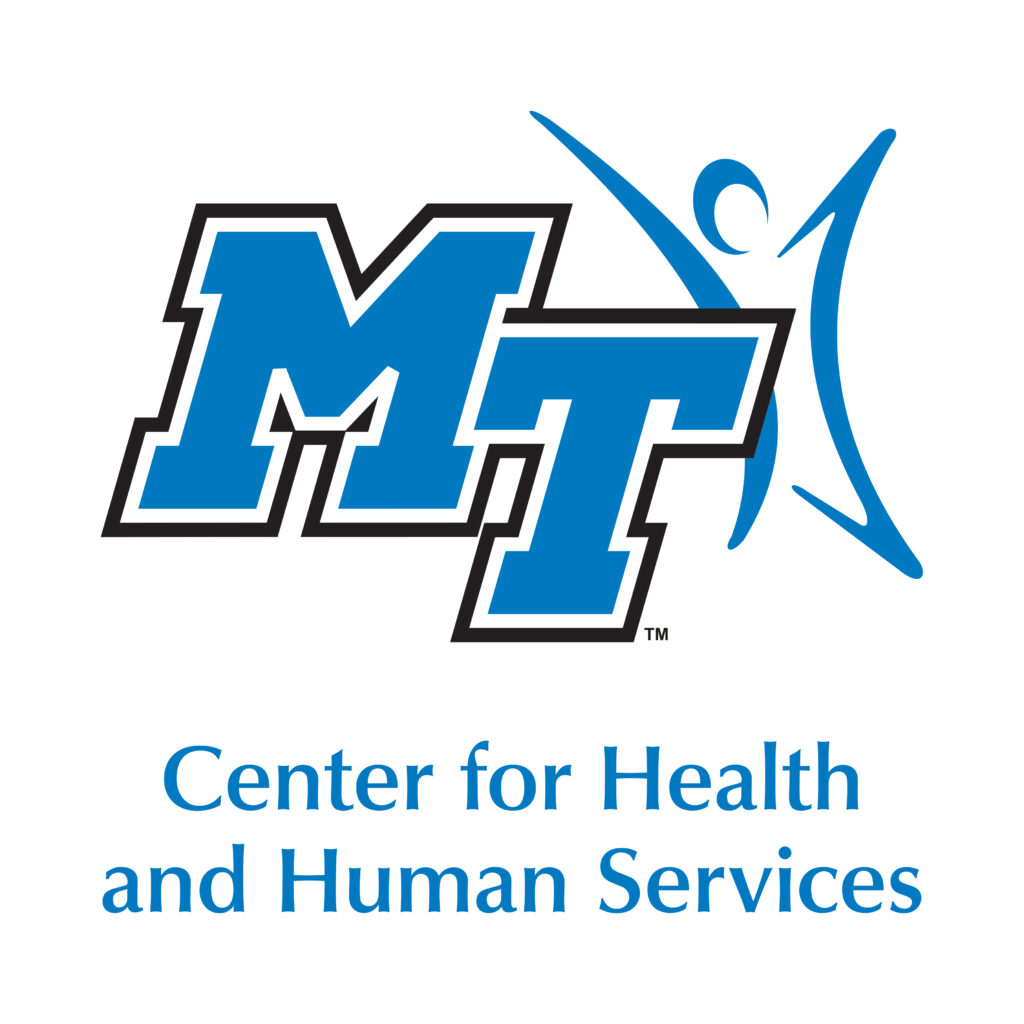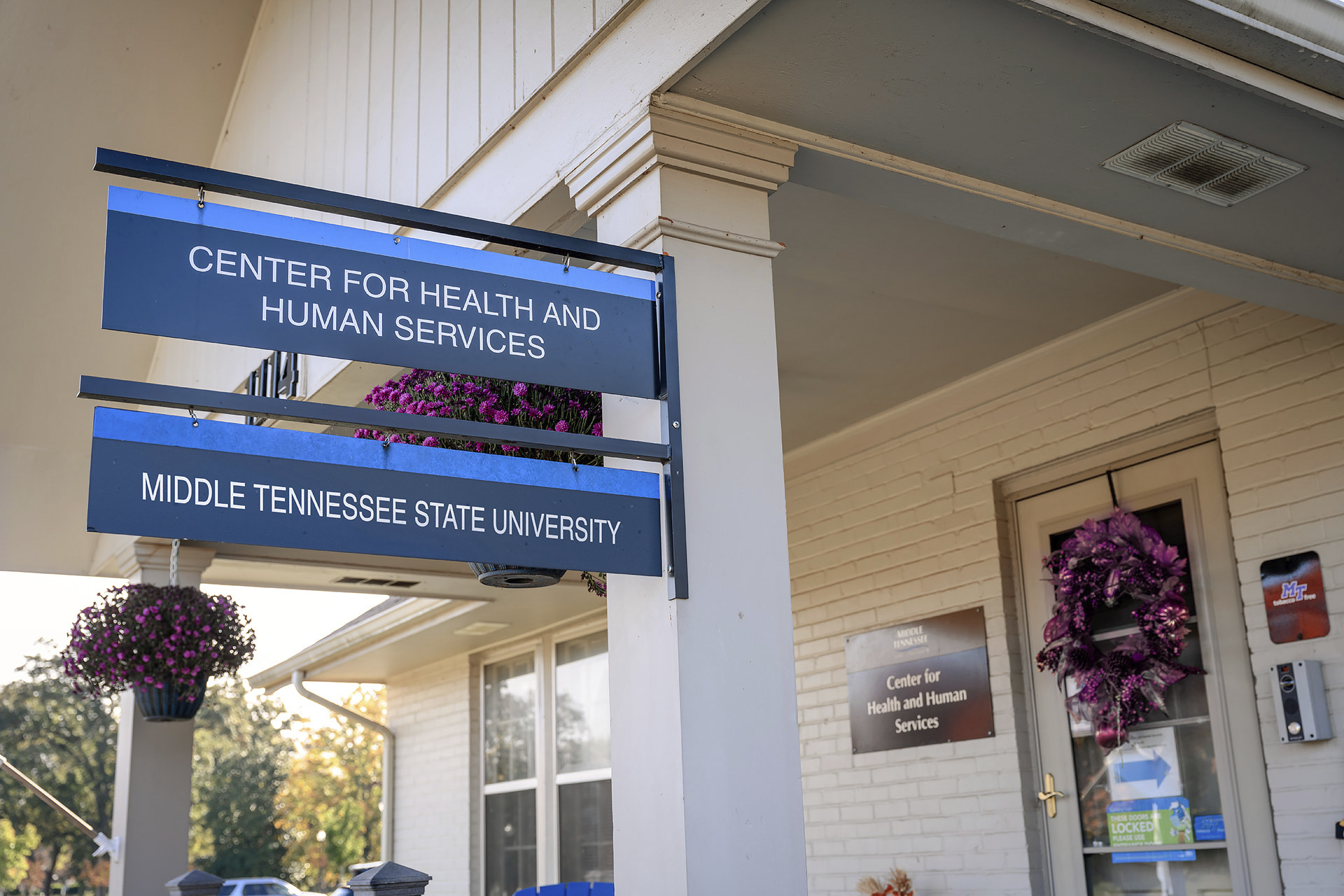Cannon County Opioid Settlement
In 2023, Cannon County had 6 fatal overdoses and 52 non-fatal overdoses. While this is a decrease from 2021 (which had 11 fatal overdoses and 68 non-fatal overdoses), there remains a significant need to continue abatement activities to save lives and improve the quality of life in Cannon County. To respond to this need, Cannon County established the Cannon County Opioid Abatement Task force in 2023 to oversee strategic dissemination of opioid abatement funds to repair and strengthen the community. These funds are provided to counties in Tennessee as part of a $26 billion national opioid lawsuit involving pharmaceutical distributors and a manufacturer, with Tennessee receiving $700 million in anticipated payouts over 18 years from 2021-2038.
Cannon County has chosen to disseminate these funds directly into the community to repair damages caused by the opioid crisis. Organizations interested in applying for these funds can access the online application below and receive instructions on requirements for submission.
Application Review & Workshop
Application Submission Checklist
Use the section below to ensure all sections of your application have been completed prior to submission.
This overviews the applicant’s proposal and identifies a target population, outlines goals and objectives, selects a main strategy, anticipates number of people served, provides a cost statement, and more. Applicants must also include the identification of an assigned agency contact for overseeing and reporting on grant progress.
Access the Project Summary information HERE.
This narrative of the proposal focuses on describing the population served, identifying the need that you will address, outlining the goals and objectives used to measure success, identifying evidence-based practices for implementation, planning for metrics to measure progress and success, and explaining your organization’s capacity to achieve your goals. Responses to the 10 questions in this section should be typed into a word document and attached to your submission.
Access the Project Narrative questions HERE.
Organizations that submit an application must attach the following financial documents with their submission:
- Copy of Annual Audit
- Budgeted Revenues and Expenses for the Current Year
- Budgeted Revenues and Expenses for the Prior Year
- Actual Revenue and Expenses for the Prior Year
- 501 (c)(3) Determination Letter (if applicable)
- Letters of Support (if applicable)
Application Submission Deadline
May 15th
Vote to Award by Task Force
May 28
Application Resources
Use the resources below to help inform and strengthen your application prior to submission.
Proposals will be reviewed and scored by the Cannon County Opioid Abatement Task Force and members from the MTSU Office of Prevention Science and Recovery. Proposals will be evaluated based upon the proven ability of the applicant to meet the goals of the project description in a cost-effective manner with a maximum of 100 points available. This in-depth rubric outlines the breakdown of eligible points that can be awarded per application section and the standards use to compute that score.
Access the In-Depth Proposal Scoring Rubric HERE.
To be able to effectively evaluate your project, it is critical that you develop realistic
goals and measurable objectives. The information below will help applicants in
developing goals and objectives for use in your Project Narrative. It also provides
examples of well-written goals and measurable objectives.
https://chhs.mtsu.edu/wp-content/uploads/sites/83/2026/02/Appendix-E.pdf
Frequently Asked Questions
Only nonprofit charitable organizations with 501©(3) status, chamber of commerce exempt from IRS Code 501©(6), nonprofit civic organizations, and government organizations are eligible to receive funds. Organizations are permitted to submit one application per year. Awardees are eligible to re-apply for funding after successful completion of their grant term.
While there is no set maximum on how much an organization can request in their proposal, the maximum funding per agency will be determined by the Cannon County Opioid Abatement Task Force.
Applications must be submitted by May 15th to be eligible for awarding. Applications will be reviewed in June to determine which organizations will receive grant funding. With application technical assistance ending at noon May 15, 2026.
All grants will be awarded for 12 months from July 1st through June 30th of the upcoming fiscal year.
The Cannon County Opioid Abatement Task Force will vote on all grant applications received during their May meeting. Following the Task Force’s decision to award funding, grant awards will need to be approved by the Cannon County Commission.
Grantees are required to submit evaluation metric updates quarterly based upon the specific data points cited in their grant proposal. This data will be submitted to the Cannon County Opioid Abatement Task Force quarterly.

